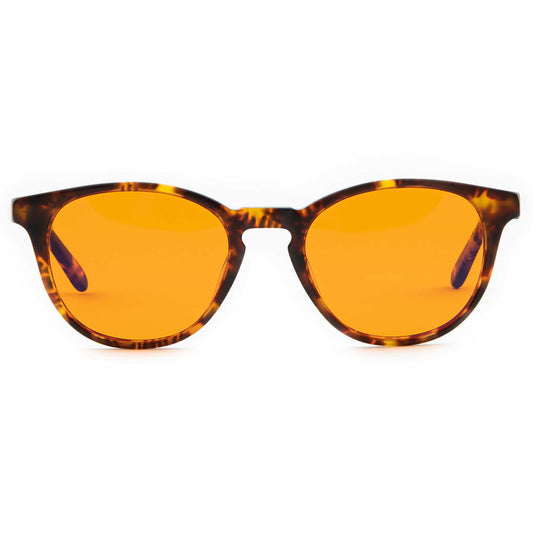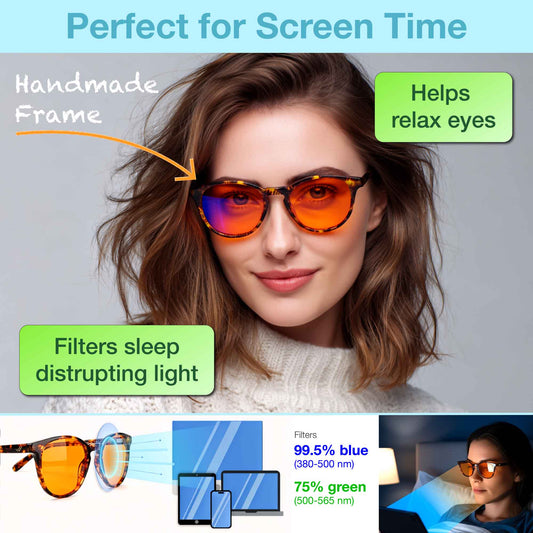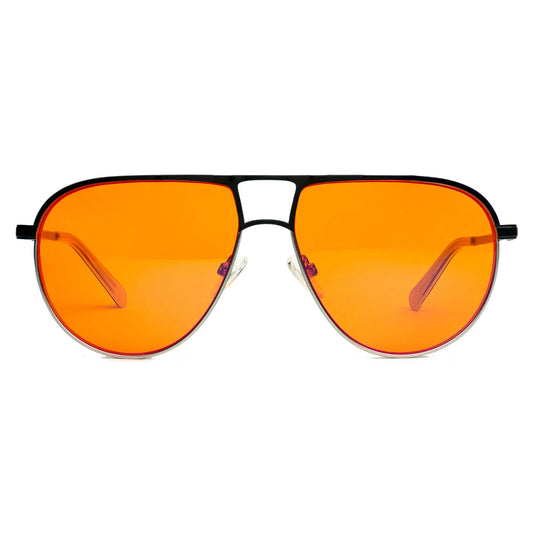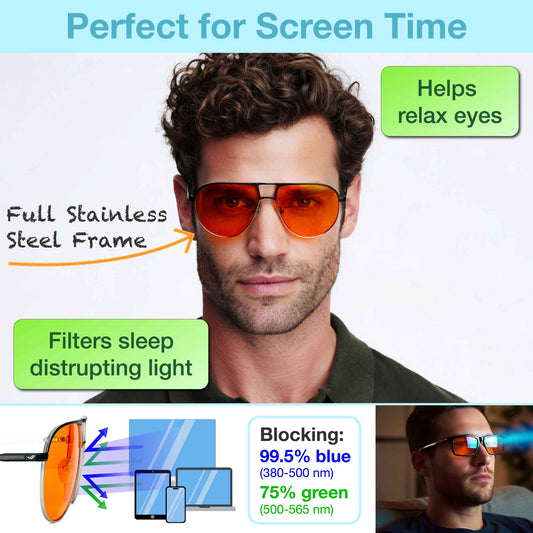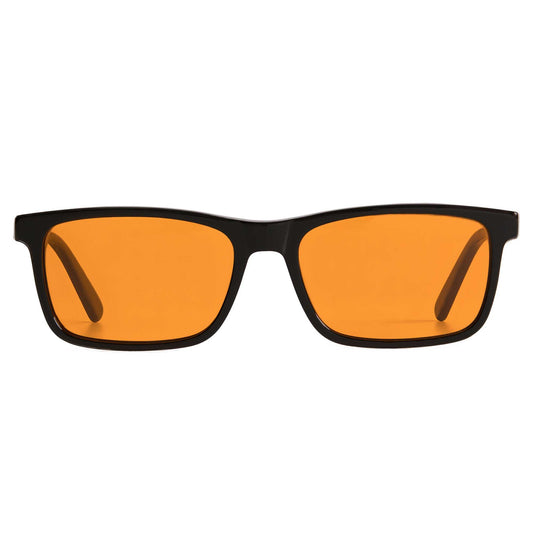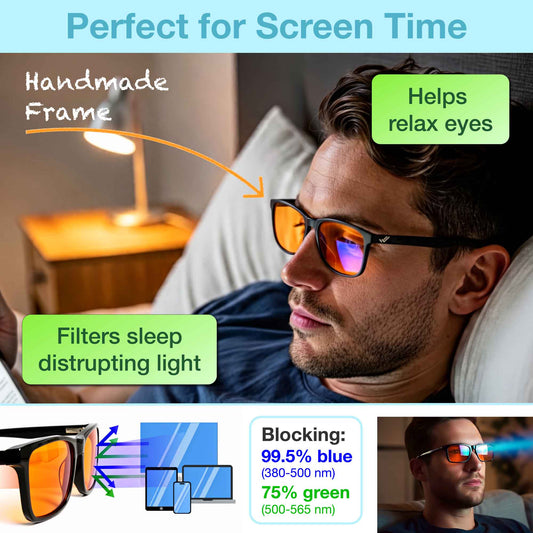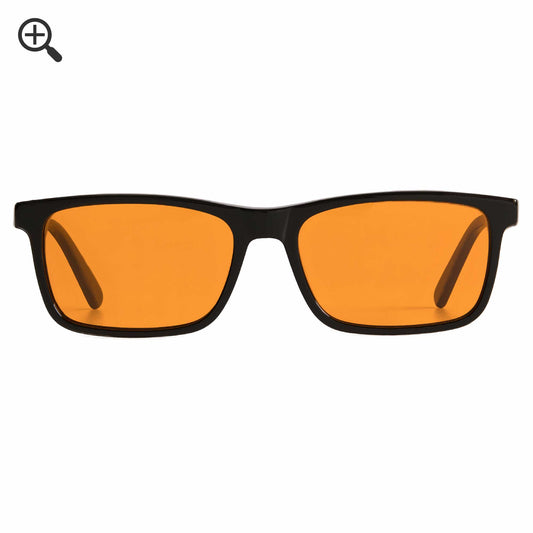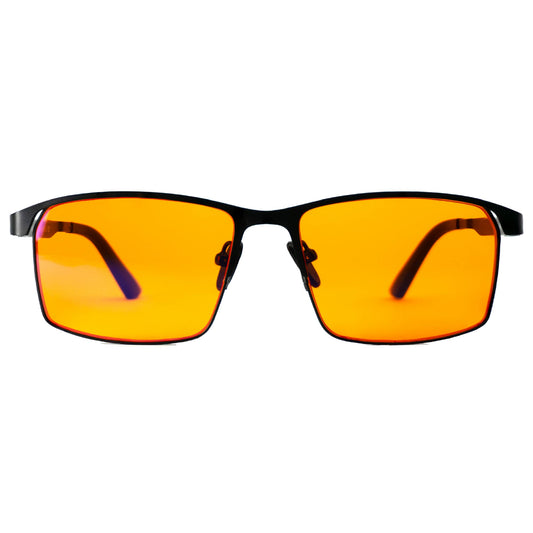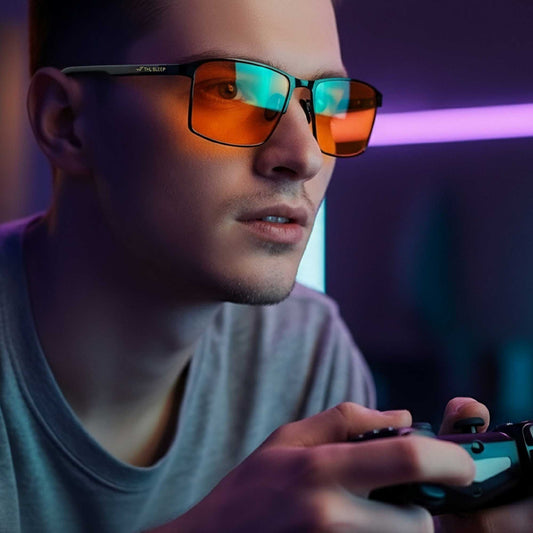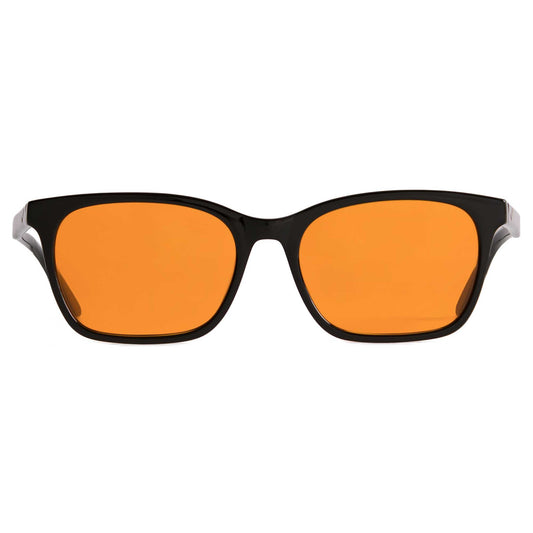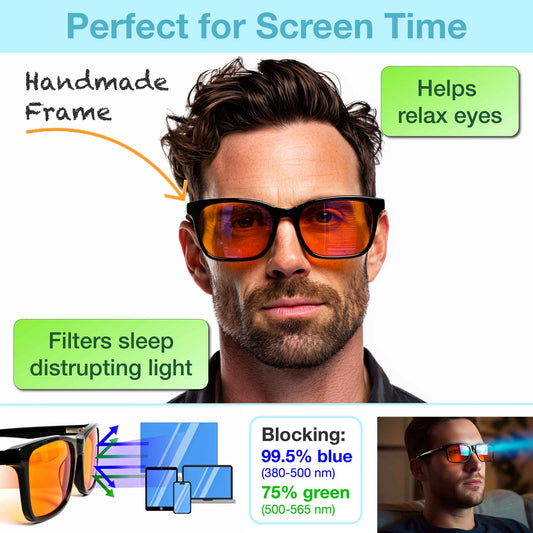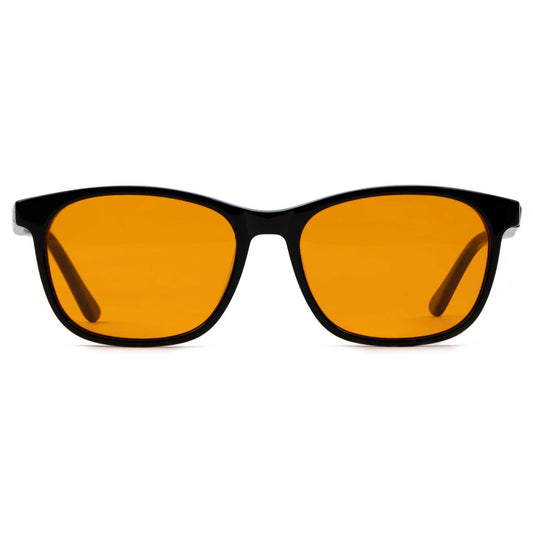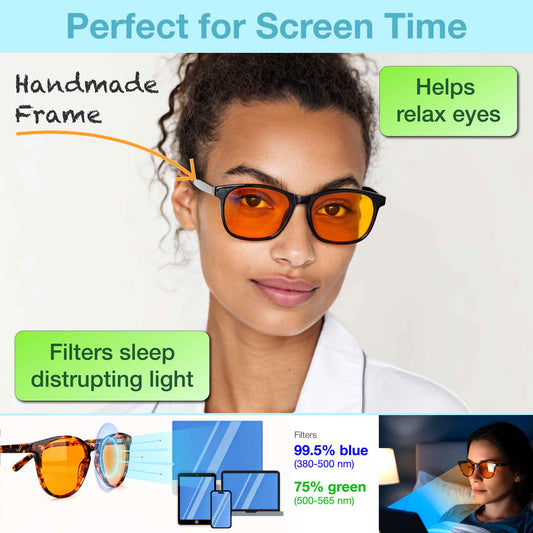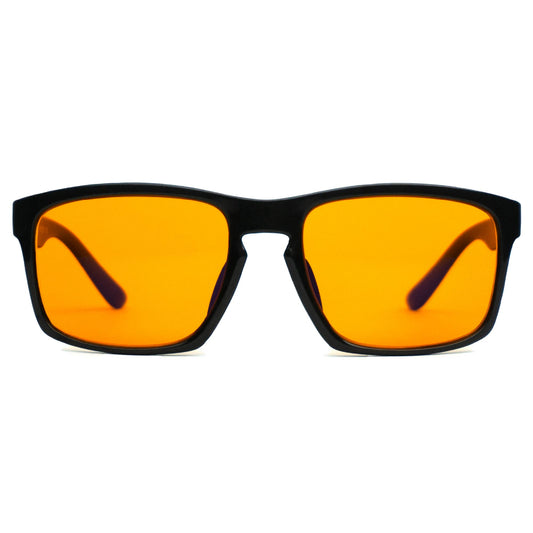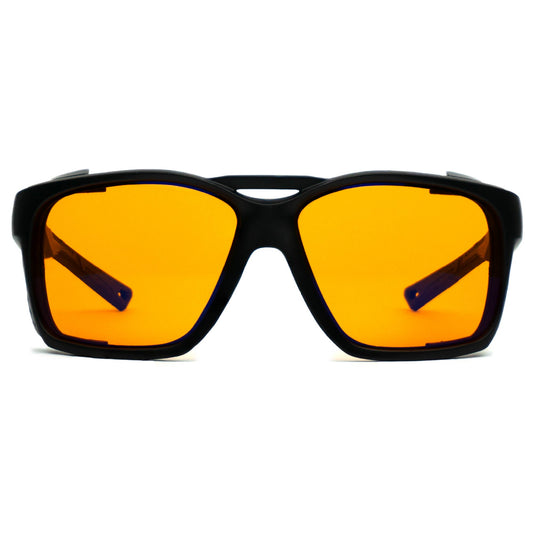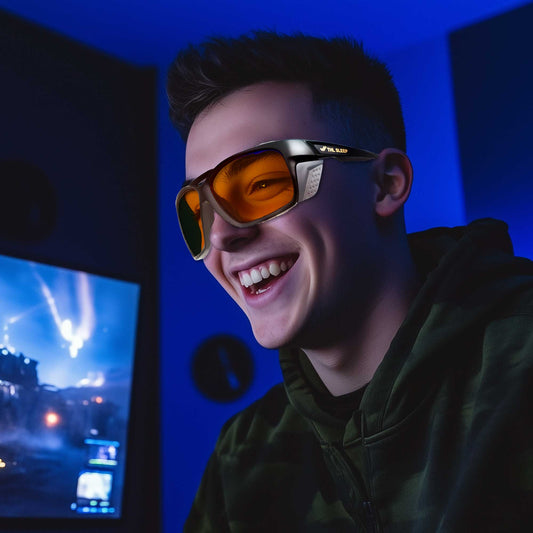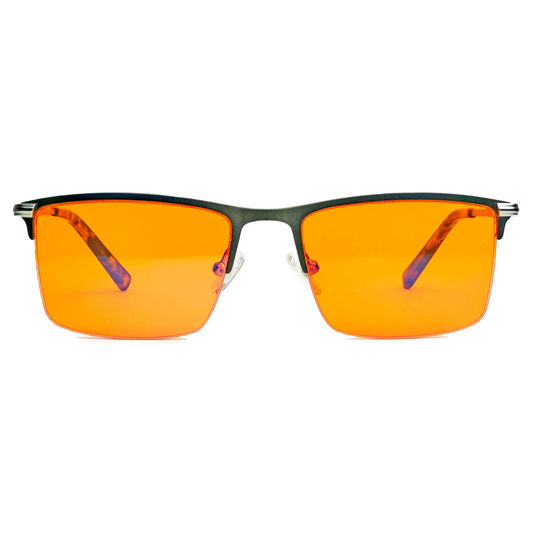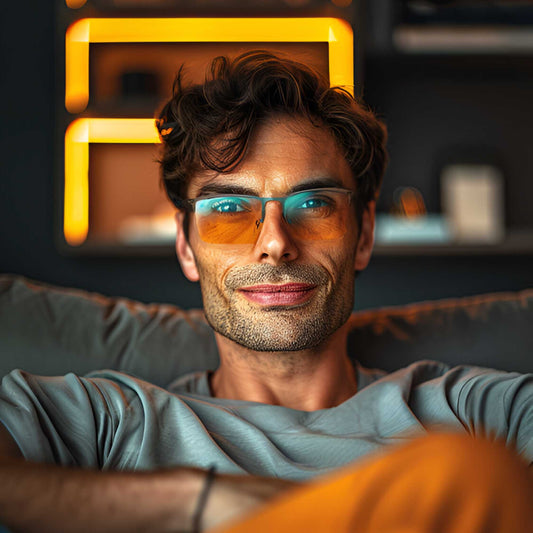(20 minute read)
Are you looking for ways to improve your sleep? In this article, I will go into detail on how I implemented tactics to go from really poor sleep and low energy to amazing sleep on demand. You will get insight into what I changed to optimize my sleep forever.
I’m going to tell you about my own sleep story—how I went from poor sleep to the best sleep of my life. I will share the important changes I made to get there and how I got more energy from improving my sleep. I will give you my secrets to light balance and the routine I implemented to get incredible sleep on demand. I believe you will recognize some of the issues I had before I decided to improve my sleep forever. So, in this article, I hope you will be able to take some valuable insights to get better and more restful nights starting today.
I’m sure that you have experienced periods of poor sleep, wanting to smash the alarm clock in the wall.
You are not alone in having sleep issues
How my story started is very similar to what most of us experience, per how we live today. I was floating around in a high-achieving, stressed-out lifestyle, well paid, with most things I could wish for, but one crucial part was missing: good sleep. The recognition of what good sleep is had disappeared from my memory, and I let night after night pass with poor sleep quality. I guess this had been going on for a bit too long—as long as I could remember. My profession at the time, which was a well-paid mechanical engineer, was of a higher priority than my health. It was as this stressful lifestyle was okay, as all my colleagues kept going without complaint, day after day, year after year. When I think about this from a distance, some seemed to be as tired and worn out as myself. As a well-educated person, you may ask yourself what I had missed: how so many people down-prioritize such a fundamental thing for good health.
On a cold and dark November day, my body suddenly had enough. After over 30 years of long winter months in the Nordic climate in Sweden, my body started to give me very strong signals that it was time for a change. It had been a stressful period in the company I worked for, with record sales, and people was pushed to the limit. I had reached a tipping point of my well-being, and my body was now panicking to get well-needed recovery and rest. My body had reached the edge of what it could manage, pushing me to start searching for ways to improve.
A baseline daily fatigue had been my normal state for years, with massive sleep inertia and struggle with waking up in the morning. The question was how to tip this all back over to have an abundance of energy and focus every day.
So, you may understand the source of my motivation to start taking needed action. I was determined to solve my issues and find a good long-term solution.
I started to dig deep into available studies to find what could be the main cause of my sleep issues. After some time researching, I found studies that showed a direct correlation between blue light and sleep disturbances.
Discovering the power of blocking blue light
It quickly became evident that my daily blue light exposure was one of the major contributing factors to my low sleep quality and lack of energy. And as it turns out, blue light keeps you awake and helps you wake up in the morning via specialized photoreceptors in your eyes. This works against you at night, when you are looking forward to a great night’s sleep. Unfiltered blue light late at night keeps cortisol levels high and reduces your melatonin sleep hormone levels to a minimum, often making them insufficient for restful sleep.
The problem comes from our digital devices emitting this kind of light. Your smartphone, TV, and laptop bombard you with vast amounts of blue light from their LED-backlit screens.
It was clear that my blue light exposure from these devices had to be reduced.
The creation of the best blue light glasses for sleep
To enable effective and unrestricted late-night work, blue light blocking glasses became the obvious choice. I started to test what was available on the market. After a couple of weeks, I had tested all options, and I quickly realized that I had to create my own product to get the performance and clarity I was expecting. As an experienced mechanical engineer, I was up for the challenge and determined to create the best blue light blocking glasses for enhancing sleep. The development process started, and after several prototypes and months of testing, I developed a lens with outstanding performance and clarity. This was the start of THL Sleep, with its mission to help myself and you to sleep better.
At this point, I was getting eight hours of night sleep as usual. My sleep quality noticeably improved by using my newly developed blue light blocking glasses. My sleep quality reached a completely new level with really impressive results. Despite this, I still felt that there was space for further improvement, especially during the ongoing dark winter period. The feeling that something was missing led me to more extensive research, and I started to connect the dots and see the importance of total light balance.
Blocking blue light only a part of the daily light balance
Working in a poorly lit office space allows limited natural light exposure and time for going outside. This type of working environment has become more and more common, and I am sure you are familiar with it or spend time in this type of office daily.
One of the main issues with our sedentary indoor lifestyle is that we risk missing out on important sunlight exposure.
With a mix of light rays all the way from UV, via the visible light spectrum, to infrared light, the sun is an important part of our total light balance. Light balance is a term I invented to explain the relationship between the sun and the body.
I define light balance as the balance of exposure to specific light spectra during the day in relation to sleep quality via the body’s circadian rhythm and melatonin synthesis.
Daily exposure to light is deeply connected to your well-being and sleep quality. So, I set out to improve this important part of my life. Living in a Nordic climate and having an ongoing sun deficiency, it was easy to see that my body was longing for soothing sun rays. Feeling extra tired and low on energy had been my standard state during a couple of months every dark winter, and it was now time to fix this forever.
What I learned during my research is that full-spectrum sunlight is as essential as the essential nutrition we get via the food we eat. With this fact in mind, you may understand that my location in the world failed to supply what my body needed.
My sunlight deficiency living in a nordic country
I’m sure you have heard of Sweden, a country with long ice-cold winters, positioned at the same latitude as parts of Siberia and one of the inhabited places in the world with the lowest amount of yearly sunlight hours. This is the country where I spent over 30 years of my life, with close to nonexistent sunlight during extended winter periods, mostly with gray cloudy days. You may now understand the implication this has for achieving a daily light balance.
For my entire life, the long winter months always decreased my energy with noticeably worse sleep quality and a dream of a better climate. If you have spent time in Stockholm during early spring, when the first rays of the sun reach the surface, you will see a place of sun-worshiping people. It is as if it is distilled inside of the whole population to search out the healing light after months of dark and short days.
It was pretty obvious at this point in time that I had to leave the Nordic climate and move to a more sunproof location. After the initial launch of our THL Sleep that was well received by thousands of customers, I made the decision to take another big step to improve my sleep. I moved from Sweden down to the sunny French Riviera just outside of Monaco, leaving the stressful corporate world, focusing on a business I am passionate about. This important decision improved my chance of sun exposure drastically, going from 1800 to 2700 sun hours per year, getting a nearly 50% increase.
Sun as a crucial factor for the best sleep
The amount of sun hours is one thing. What is just as important is the sun's strength and approach angle at the place one lives, supplying sufficient exposure to UVB and UVA. As we all know, at this point, the sun is one of the primary sources of vitamin D, if not the main one. It is clear that sufficient vitamin D levels are important for overall health and well-being, but what about this hormone and your sleep? In my research, it became clear that vitamin D has a significant role in overall sleep quality and duration. As it turns out, vitamin D is involved in the body’s production of serotonin and melatonin, important for relaxation and sleep. These two hormones are synthesized directly via biosynthetic pathways in the skin when exposed to UVA. This is why sufficient daily sun exposure and having a good daily light balance is crucial for getting the best sleep possible. My research led to a rule of thumb to aim for a healthy 15–30 minutes of sunlight without sunglasses each morning as well as later in the day when sunlight is at its peak, as this ensures that you can optimize your daily light balance setting your circadian rhythm and for optimal melatonin levels at night. It is understandable that this may be more or less possible due to your specific location. If you are unable to achieve this ideal daily routine, there are now companies supplying products with special narrowband UVB bulbs. Studies have shown that these lamps are able to supply vitamin D via the skin in a safe way and through a relatively short exposure time.
In addition to using blue light blocking glasses every night and setting up my life for healthy sun exposure, there are a few other important things I implemented in my daily routine.
Your light balance continues into your bedroom, as your eyes react to light even when you’re asleep. To make my sleep the best possible, my bedroom is totally blacked out, so my body can wake up when it is fully rested. If your bedroom gets flooded with bright light in the morning, there is a risk that you will wake up in the middle of a deep sleep cycle and with disturbed sleep as a result.
Depending on your chronotype and location, this may fit your sleep schedule, giving you a pleasant gradient awakening.
If it doesn’t, make sure to remove all potential light sources in the room, including electronics like smartphones and alarm clocks. Make sure you cannot see your hand in front of you. This amount of darkness will also make it easier to fall asleep.
In addition to light, your sleep can easily be disturbed by noise in your sleeping environment, taking you out of deeper sleep stages. This means the risk of losing valuable restorative sleep. Noise can make your adrenal glands release cortisol with reduced deep sleep and lower overall sleep quality.
This is why I started to always wear earplugs if I’m traveling or can see upcoming disturbances for my sleep at home. I recommend using this cheap tool to make sure to get the best sleep every night of the year.
All these tips are things I have implemented for myself, in my pursuit to reach my best daily energy potential and focus. For your reference, here is a short summary of the points presented in this article.
5 powerful tips for better sleep:
1. Block blue light 1 hour before bedtime
Turn off all devices emitting high levels of blue light or use blue-light-blocking glasses 45–60 minutes before bedtime. Wear these glasses all the way to bed, and make sure to switch off all lights before putting them on the bedside table.
2. Get a healthy dose of sunlight in the morning
Get 15–30 minutes of sunlight without sunglasses in the morning to wake up and set your circadian rhythm.
3. Get a healthy dose of sunlight at its peak
Get 15–30 minutes of sunlight exposure at its daily peak to optimize your melatonin levels at night.
4. Sleep in complete darkness
Sleep in a pitch-dark room to give your body the ability to rest fully.
5. Make sure your bedroom is silent
Sleep in complete silence to stay asleep during the whole night optimizing rest and recovery.
On our website you’ll find our eight-point sleep guide including all of these points, for an easy reminder in your journey to better sleep, starting today.
You deserve a good night’s sleep.
I hope you got something valuable from this article—taking your sleep to the next level. Let us educate others about the dangers of blue light and the easy way to manage our daily light consumption.
Click on the share links below to help others improve their sleep naturally.
Happy Deep Sleep,
Oskar Eriksson, M.Sc.
The Sleep Engineer™





